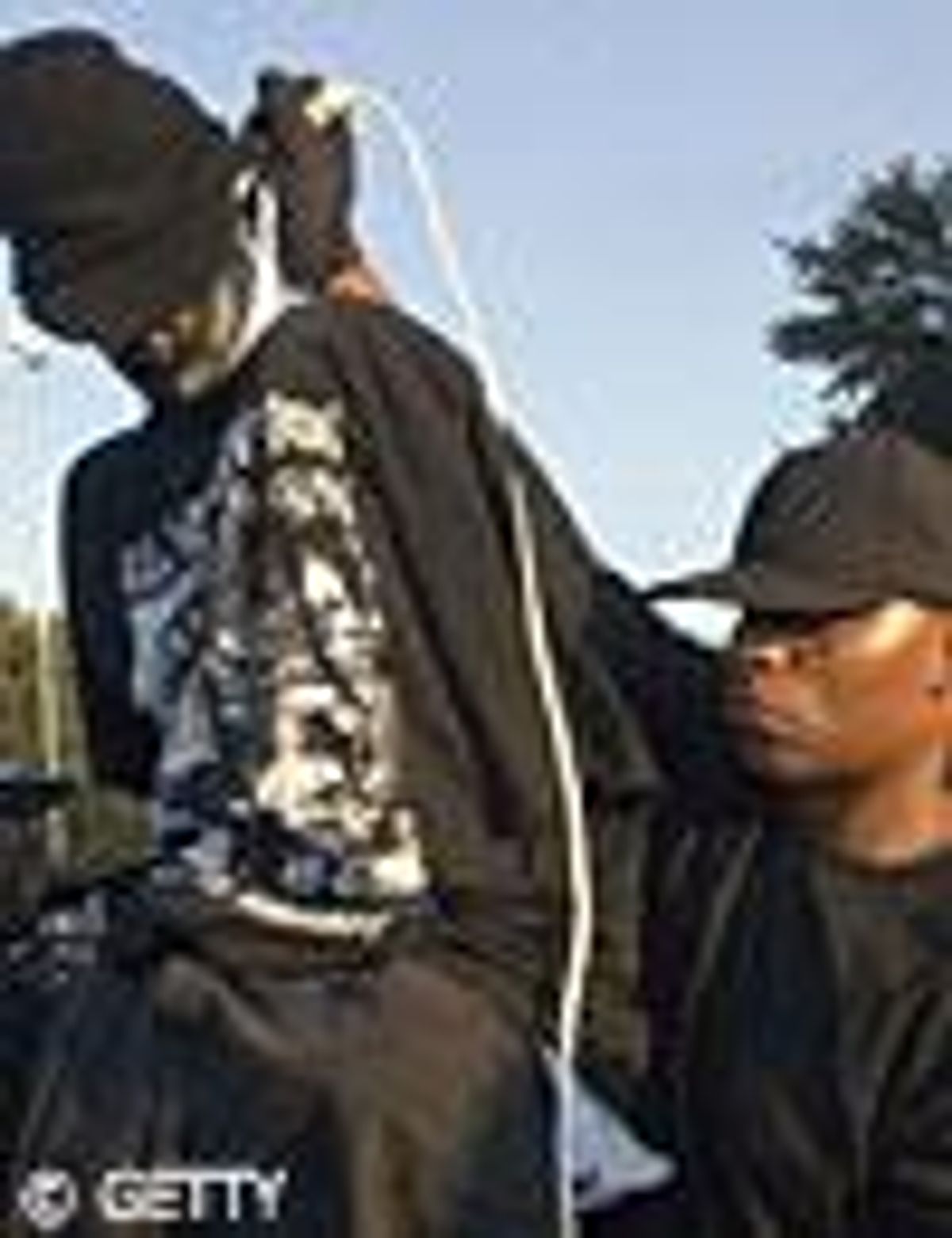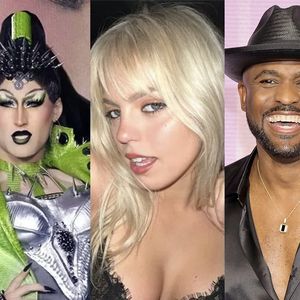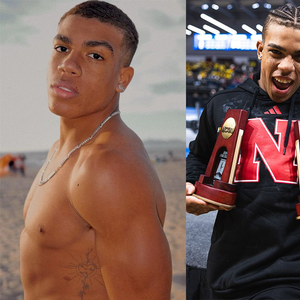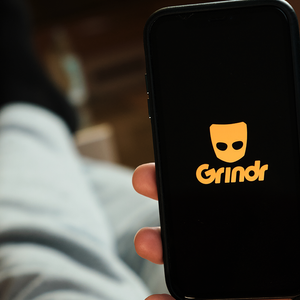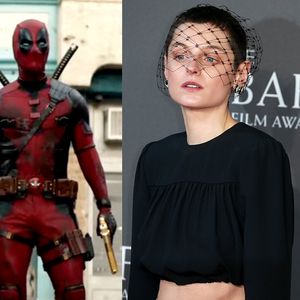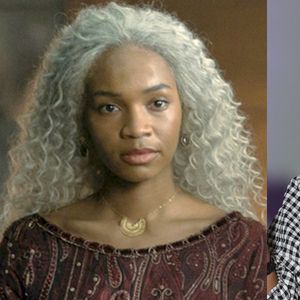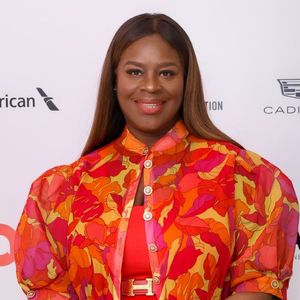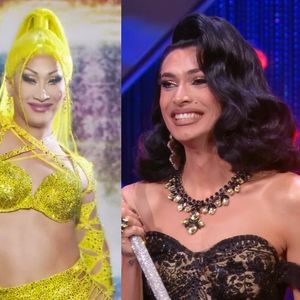It says much
about the state of the American civil rights establishment
when its foremost organizations recast a group of brutal
thugs -- the "Jena 6" -- as heroic
victims persecuted by a racist judicial system. And it
says even worse things about the country's preeminent
gay rights group when it somehow contorts that dubious
cause into its own.
But that's
what happened with the Human Rights Campaign's
endorsement of the movement to free the Jena 6, a
group of black teenagers who beat and stomped a
17-year-old white boy into unconsciousness last December.
Last week HRC president Joe Solmonese traveled all the
way to Jena, La., along with thousands of other
supporters and declared that "this injustice
cannot stand." By "injustice," he was
presumably referring to the prosecution and sentencing
of the young men responsible for the beating, which
critics have called unfair. On Advocate.com, HRC's
associate director of diversity, Donna
Payne, wrote that the group will be
"standing shoulder to shoulder in solidarity with our
coalition partners in the civil rights community,
calling for the equal treatment for these young
victims of discrimination." Yet it's unclear
just what injustice has been committed against the
Jena 6 -- and, more important, why HRC, or any gay
people for that matter, should be defending them.
The story of the
Jena 6 is long and convoluted. It's obvious that
relations between black and white students at the
town's high school have been strained, a fact
highlighted by the very existence of a "white
tree" on school grounds. But the hanging of
nooses on the tree after some black students
congregated there and the unprovoked beating of Justin
Barker, 17, more than three months later are
unrelated. And that's according to no less an
authority than Donald Washington, U.S. attorney for the
Western District of Louisiana, who, it should be noted, is
black. Washington has not found any evidence of unfair
prosecution or sentencing, but the protesters clogging
Jena's streets and the outraged commentariat
claim to know the situation better than the federal
prosecutor assigned to investigate the case.
That other white
people did nasty things prior to the assault on Barker
does not obviate the guilt of the Jena 6. In American law
you are not entitled to beat a defenseless and
innocent person because someone with the same skin
color as that person offended you months earlier. Defenders
of the Jena 6 have little to say about the group's
mauling of Barker, which no one denies happened, even
though the assault could be considered a hate crime
and is reminiscent of a gay bashing. Instead, Payne and
other Jena 6 supporters cast uninformed aspersions on those
involved in the case, like the "white
judge" and the "all-white jury,"
neglecting to mention that none of the blacks in the
parish summoned for jury duty bothered to show up, as
has been reported by many news sources.
As evidence of
institutional racism, Payne also complains that five of
the six teenagers were charged as adults. That's for
the simple reason that four of the six are
adults, as they were over 17 at the time of the crime.
As for the fifth, Mychal Bell, an appeals court
overturned his conviction on the grounds that he should not
have been tried as an adult, so the justice system appears
to be working.
How does HRC
square its backing for hate-crimes legislation with its
support of the Jena Six, who are themselves guilty of a
racially motivated attack? And if the organization is
going to criticize supposed racially motivated
prosecutorial abuse, then how come it did not rally in
defense of the three Duke University students who were
irrefutably the victims of a racially motivated
prosecutor, one since disbarred and censured?
As a mainstream,
nonpartisan gay organization fighting for gay equality,
HRC has no business associating with Jesse Jackson (who
accused Barack Obama of "acting like
he's white" for not joining in the racial
grandstanding around the Jena 6) and Al Sharpton, charlatans
par excellence who are taking advantage of a complex
legal case by turning it into a national media
spectacle. "Jena is a defining moment, just like
Selma was a defining moment," Jackson has said.
Apparently HRC agrees with this absurd comparison.
While it makes sense -- both morally and strategically
-- for the gay rights movement to side with black groups
against actual discrimination (as in the Don Imus
situation, for instance), the Jena 6 case simply
does not qualify.
It is regrettable
that an organization purporting to represent the
interests of gay people would defend violent hooligans as an
act of obeisance to the "civil rights
community." Whether or not the saga of Jena,
La., speaks to the racial disparities in our
country's justice system, it is most certainly
not a civil rights struggle akin to the Stonewall
uprising or the Selma marches. The moral standing of the
people involved in those historic events was absolute;
the gay men at the Stonewall Inn and the marchers at
Selma were violently set upon by police merely for
peacefully assembling. The Jena 6 ganged up on a kid and
sent him to the hospital. There is no good reason why
gays should be party to this shameless display of
historical ignorance and exaggerated grievance.
